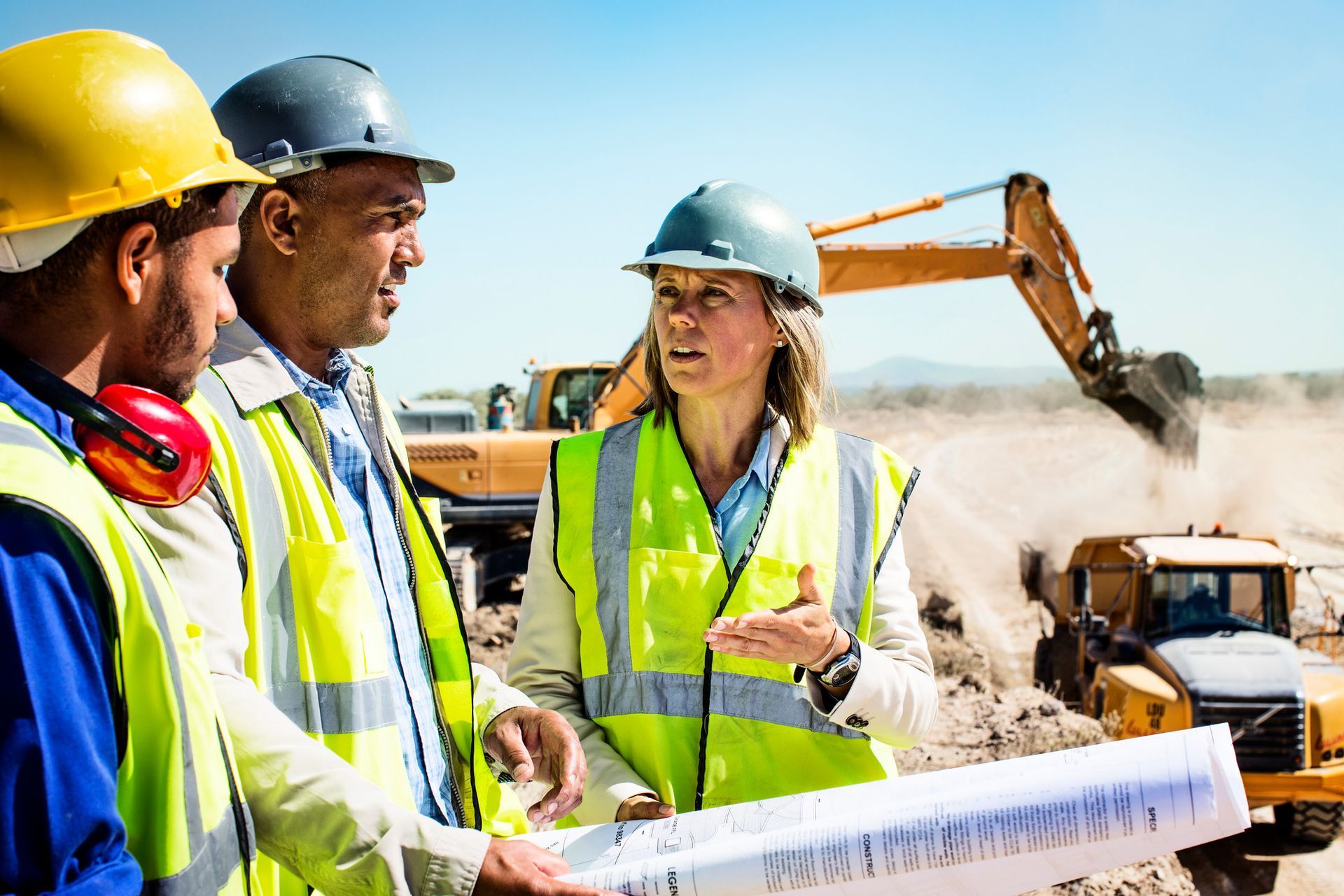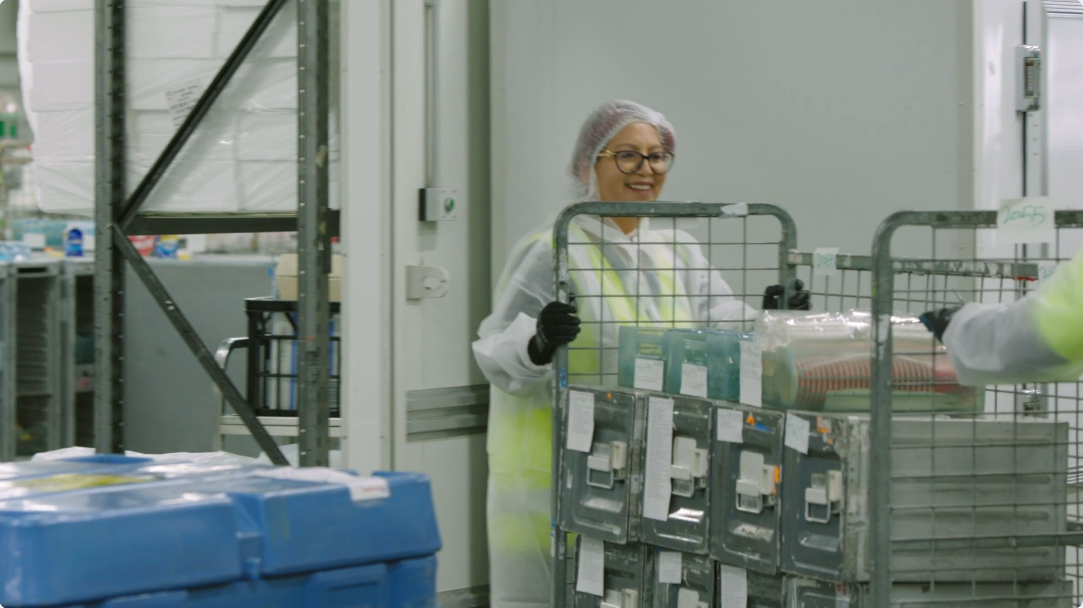As we mark 65 years in the recruitment industry, we’ve had the unique opportunity to witness and support the evolution of the workforce across multiple generations. Our expertise in organisational psychology has been crucial in navigating the diverse expectations and values of different age groups, from the Silent Generation to Generation Z. Each generation brings its own distinct perspectives and demands—especially as Generation Alpha begins to enter the workforce with a focus on cutting-edge technology and personalised experiences. Understanding and managing these generational differences is key to creating cohesive, dynamic teams that drive productivity and satisfaction.
The Silent Generation: Loyalty and Stability
The Silent Generation (born between 1928 and 1945) is known for its commitment to loyalty and job stability. This generation values long-term employment and job security, reflecting a dedication to a stable career path. They respect hierarchical structures and seniority, emphasizing hard work, punctuality, and dedication. Communication preferences lean towards formal interactions, such as face-to-face meetings and detailed written reports, with a conservative approach to modern technology. Understanding these traits helps in creating a supportive environment that aligns with their expectations.
Baby Boomers: Achievement and Work-Life Balance
Baby Boomers (born between 1946 and 1964) bring a strong work ethic and career-focused mindset to the workplace. They value personal achievement and recognition, striving for career advancement while increasingly seeking a balance between work and personal life. Team collaboration is crucial for them, and they appreciate a mix of formal and informal communication, including email and phone calls. Although they have adapted to technological advancements, Baby Boomers may be more resistant to change compared to younger generations. Recognising their need for acknowledgment and stable work environments can improve workplace dynamics.
Generation X: Flexibility and Efficiency
Generation X (born between 1965 and 1980) is marked by their independence and adaptability. This generation prioritises flexibility and work-life balance, looking for roles that offer autonomy and efficiency. They focus on results and value opportunities for skill development and career progression. Communication preferences include direct and efficient methods like email and instant messaging. Gen X is comfortable with technology, using it to boost productivity and streamline communication. Their entrepreneurial spirit and skepticism towards authority highlight the need for a hands-off management style that supports self-direction.
Millennials: Purpose and Digital Integration
Millennials (born between 1981 and 1996) currently make up about 37% of the Australian workforce- the largest cohort., and have distinct expectations shaped by their values and technological fluency. They seek meaningful work that aligns with their personal values and prioritise flexibility, including options for remote work and innovative work environments. Regular feedback and opportunities for professional growth are important to them. Millennials prefer digital communication methods, such as social media and messaging apps, and expect seamless integration of digital tools into their work processes. Creating a collaborative and dynamic workplace is essential to meet their needs and drive engagement.
Generation Z: Diversity and Digital Natives
Generation Z (born from the mid-1990s to the early 2010s) represents the first cohort to grow up fully immersed in digital technology and by 2025 it is expected that they will comprise about 27% of the workforce. They place a strong emphasis on diversity and inclusion, expecting workplaces to reflect these values. Gen Z anticipates advanced technology and digital-first approaches, integrating tech seamlessly into their daily tasks. They value flexible work options that blend work and personal life, favoring instant messaging, social media, and video interactions for communication. Their high proficiency in technology means they seek job security coupled with opportunities for innovation and creativity.
Generation Alpha: Shaping the Future of Work
Generation Alpha (born from the early 2010s onwards) is expected to be the most technologically immersed generation yet. They will likely demand highly advanced technology and automation in their work environments. Flexibility and personalisation will be central to their work experience, with tailored roles and adaptable arrangements suited to their individual needs. A globalised work environment with diverse teams and remote work options will be crucial. Communication preferences may include advanced digital platforms and tools, such as virtual and augmented reality interactions. Preparing for their entry into the workforce will be essential for setting new standards in workplace innovation and flexibility.
Addressing Generational Differences in the Workplace
- Addressing generational differences in the workplace requires a strategic approach to managing diverse expectations. Here are some key tips:
- Recognise the unique characteristics and values of each generation.
- Encourage open and respectful communication among employees.
- Offer flexible work arrangements to accommodate the varying needs of different generations.
- Create opportunities for professional growth and skill development.
- Integrate advanced technology and digital tools into the workplace to meet the expectations of younger generations.
- Foster a culture of diversity and inclusion.
Understanding and addressing the diverse expectations of different generations in the workplace is crucial for creating a cohesive and dynamic environment. By recognising the unique needs and values of each generation, businesses can foster a culture of respect, collaboration, and innovation. This not only enhances overall satisfaction and productivity but also positions the organisation for long-term success.
To learn more about how to create a cohesive workplace environment for your teams, contact our team today. We are here to help you navigate the complexities of generational differences and build a thriving, inclusive workplace.













